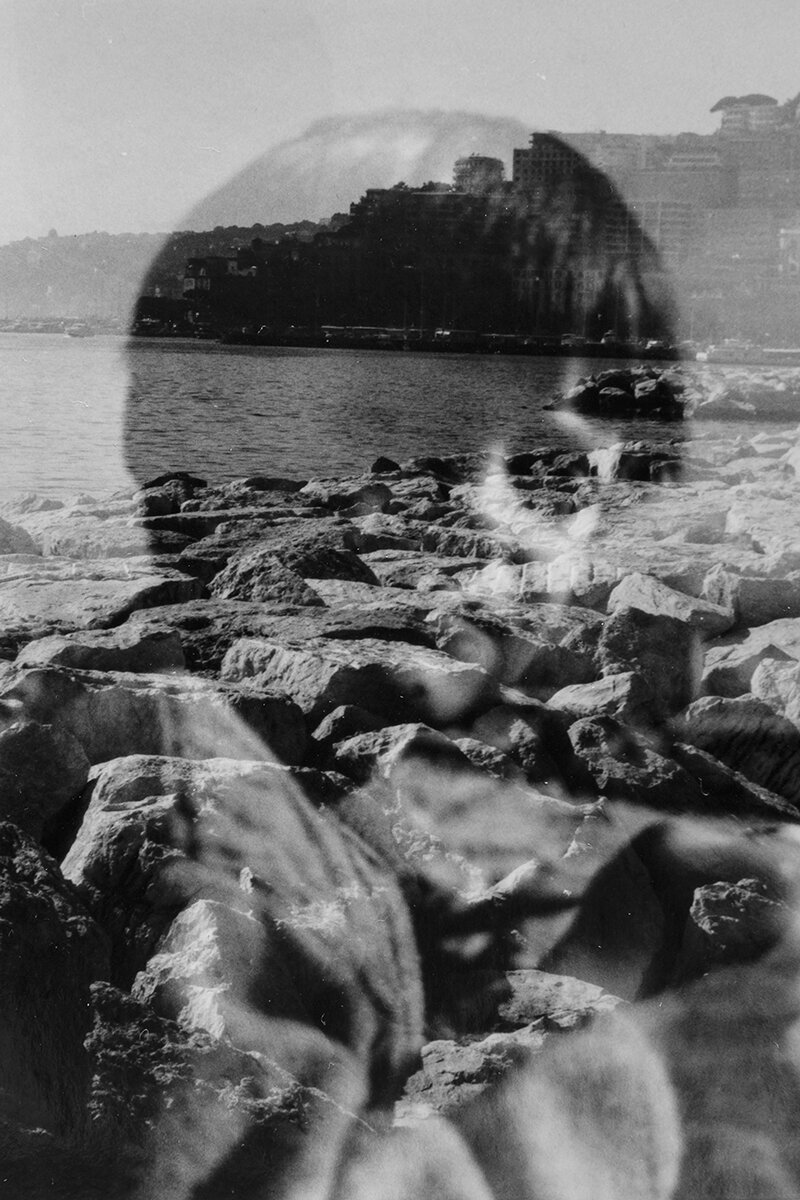Luca Iovino
Città Nuova |
I would create a new city for you,
an empty square to drop
your rusty-painted hands.
You deserve a blind gateway, a bloodless wall and a bright song
that you’d want to teach me, like
a trace moored at your body’s dock hidden in the tall grass.
I have thoughts and antennas drove into the buildings, to push against you,
the slow plan of your figure given
as a clenched fist, like an ancient wound, to teach the world I created
the white boundary of losing you,
in the heinous nails of our chemistry.
I wrote “città nuova” in 2014, as an attempt to describe the feeling of Drifting, the filter I used to codify the city. I wanted to translate, in my own words, the feeling of loss and rediscovery I perceived through that combination. Years later, while reading those words I wrote, I felt the need to start working on a project that would enable me to give shape to the intangible nature of that thought, by creating a space poised between places that were both real and imaginary. I wanted to create a city to regain my sense of abandonment, a city where the mapping of a place becomes the tool to perceive a reality filtered through sheer invention. The city should not be viewed as we know it, but dismantled of its archetype, with new detailed foundations rebuilt from its ashes.Now that the city has lost its pivotal role, my point of view becomes the bearer of a new meaning, through the innate need to give all things their own shape: statues, maps, objects, the flexible shape of the human body, the man-made form of the landscape.
The emotional strength of these new shapes creates a web of relations that alters my perception of time and space and becomes an intimate codifier, constantly on the border between a personal approach and public attitude, the inside and the outside, the room and the square.
I now understood the role I could have played in the creation of a city. To re-invent the negatives. Sections of a roll, developed and then thrown away, abandoned. I spent so long looking at them, in front of a window, with the sun as my back light. I was fascinated by the opportunity I was given to access such a private dimension. While observing the objects, and how the furniture had been arranged, I finally grasped that the action of Rediscovering was, in fact, a poetic act of decontextualization. New photographs were born from overlapping others taken in different contexts, in far-away cities, in opposite and seemingly incompatible moments. In a place where time has no use but to blur contours, I looked for a system based on fragments.
Every face, every surface has a different meaning now that it is linked to a shared weave, a continuous flow constantly trading space. The empty void left by these images needs a new focal point that undermines my way of interpreting images. Re-aligning the filters through which we observe the world creates a distance that is nothing more than space in which we can interact. A naïve attitude. An intimate loss. An uncertainty that generates substance. www.lucaiovino.it





























